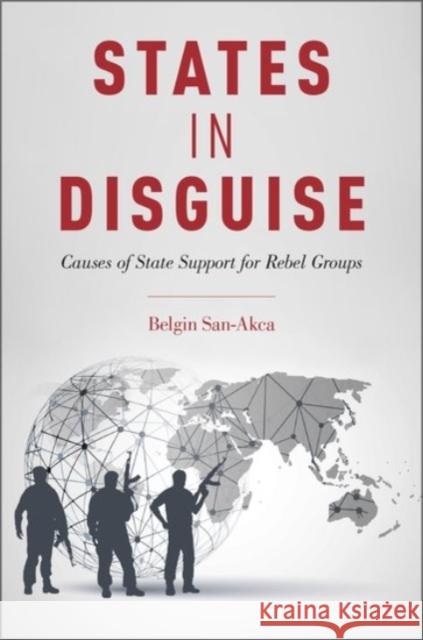States in Disguise: Causes of State Support for Rebel Groups » książka
topmenu
States in Disguise: Causes of State Support for Rebel Groups
ISBN-13: 9780190250881 / Angielski / Twarda / 2016 / 320 str.
There is a long history of state governments providing support to nonstate armed groups fighting battles in other countries. Examples include Syria's aid to Hamas, Ecuador's support for FARC, and Libya's donation of arms to the IRA. What motivates states to do this? And why would rebel groups align themselves with these states?
In States in Disguise, Belgin San-Akca builds a rigorous theoretical framework within which to study the complex and fluid network of relationships between states and rebel groups, including ethnic and religious insurgents, revolutionary groups, and terrorists. She proves that patterns of alliances between armed rebels and modern states are hardly coincidental, but the result of systematic and strategic choices made by both states and rebel groups. San-Akca demonstrates that these alliances are the result of shared conflictual, material and ideational interests, and her theory shows how to understand these ties via the domestic and international environment. Drawing from an original data set of 455 groups, their target states, and supporters over a span of more than sixty years, she explains that states are most likely to support rebel groups when they are confronted with internal and external threats simultaneously, while rebels select strong states and democracies when seeking outside support. She also shows that states and rebels look to align with one another when they share ethnic, religious and ideological ties. Through its broad chronological sweep, States in Disguise reveals how and why the phenomenon of state and rebel group alliances has evolved over time.










